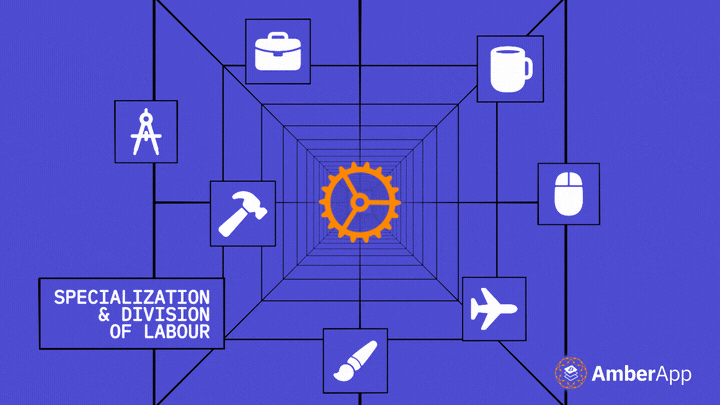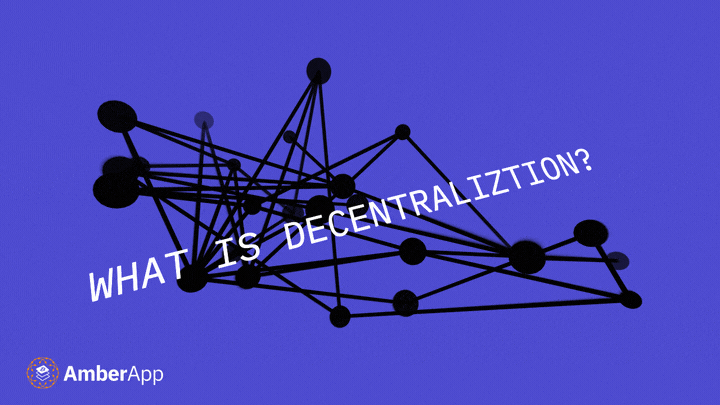Specialization and division of labor are fundamental concepts that drive economic and social progress. By concentrating efforts in specific fields and distributing tasks among individuals or groups, these principles enable increased efficiency, productivity, and innovation.
Specialization and Division of Labor: Unleashing Expertise
Specialization involves individuals focusing their competency on a particular task or activity where they have a comparative advantage. This concentration of expertise allows individuals to become highly proficient and efficient in their chosen field. Division of labor complements specialization by allocating tasks among different individuals, enabling them to specialize in specific areas. As a result, workers can dedicate more time to what they excel at, leading to improved efficiency and productivity.
The Role of Money: Overcoming Barter Limitations
Before the introduction of money, barter served as the primary means of exchange. However, bartering had limitations, such as the “double coincidence of wants” problem. This required both parties in a trade to possess something the other desired, creating inefficiencies and making trade time-consuming. Money emerged as a medium of exchange, solving the challenges of bartering. It enabled individuals to trade their specialized goods and services for a common currency (or the most saleable good), thereby reducing transactional costs and facilitating smoother exchanges. Moreover, money allowed for future savings, reducing uncertainty and enabling further specialization.
Money as a Catalyst for Economic Growth
Money plays a crucial role in facilitating trade and driving economic growth. As societies became more specialized and complex, the need for a standardized medium of exchange became evident. The discovery of money enabled individuals to trade their specialized products and services for a universally accepted currency, facilitating transactions and reducing trade barriers. Moreover, money provided a means for individuals to save and invest in new technologies and businesses, fostering innovation and creating job opportunities. This investment-driven growth led to increased productivity and economic expansion.
Efficiency, Resource Optimization, and Environmental Impact
Specialization and division of labor contribute to increased efficiency and resource optimization. With specialization, individuals can produce goods and services more quickly and with fewer resources. This improved efficiency results in cost reductions, shorter production times, and optimized resource utilization. By utilizing resources more efficiently, societies can reduce waste and minimize their environmental impact.
Social and Cultural Implications
Specialization and division of labor have broader social and cultural implications. As individuals specialize, they become interdependent on one another, leading to the development of social structures and institutions that support cooperation and coordination. This interdependence fosters a sense of community and shared identity as individuals recognize their reliance on others for their well-being. Social cohesion and cooperation are strengthened, contributing to stable and harmonious societies.
Conclusion: Advancing Efficiency, Productivity, and Sustainability
The principles of specialization and division of labor, coupled with the use of money as a medium of exchange, have been instrumental in unlocking human potential and fostering economic growth. Specialization allows individuals to concentrate their expertise, resulting in increased efficiency and productivity. The introduction of money helped overcome the limitations of bartering and facilitated trade, driving economic expansion and technological innovation. Moreover, specialization and division of labor promote resource optimization and environmental sustainability. Additionally, these principles foster social cohesion and cooperation, enhancing societal well-being. Embracing specialization and division of labor continues to be a cornerstone of human progress, enabling us to thrive in an ever-evolving world.
Learn More
Do you want to learn more about how you can use Bitcoin as a store of value and hedge against legacy financial and economic systems? AmberApp makes it easy for you to start sacking sats in minutes.
Download AmberApp and make your first Bitcoin purchase in under 90 seconds.







